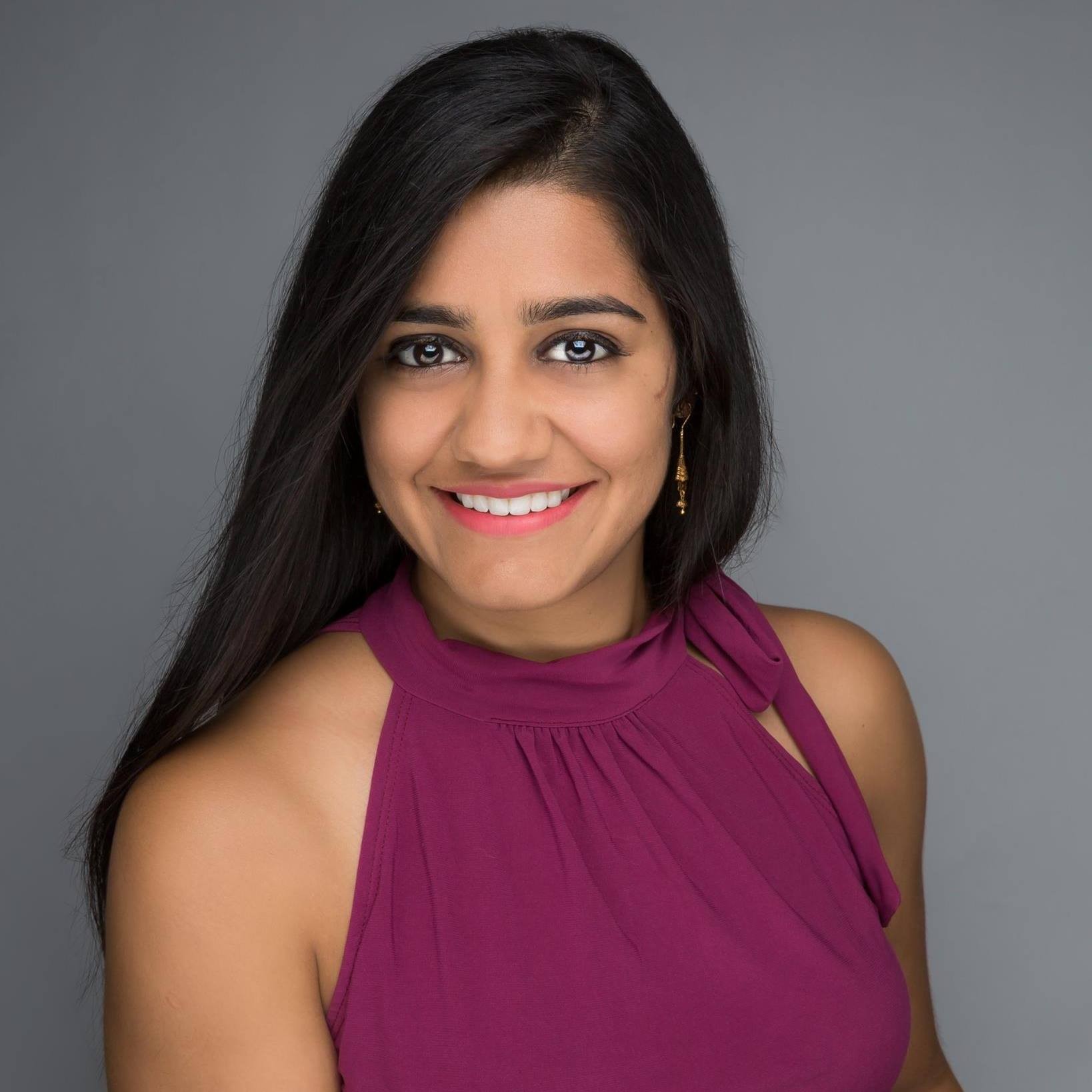We were lucky to catch up with Ratna Okhai recently and have shared our conversation below.
Ratna, looking forward to hearing all of your stories today. Are you happier as a creative? Do you sometimes think about what it would be like to just have a regular job? Can you talk to us about how you think through these emotions?
I would consider being an academic a creative job because you get to dictate what you want to work on based on your expertise and interests. And you have the ability to do so many different things based on how you want your research to take shape. I can’t imagine myself doing anything else, considering the flexibility of this job, the opportunity to learn something every day, and the chance to encourage students to think for themselves and question things they never thought about. I have had regular jobs in both governments and nonprofits, and while I always found some enjoyment in them, I could never go back to it. I literally get to decide what I want to work on every day, and can choose to learn something new every day from research, colleagues and even those that I teach.
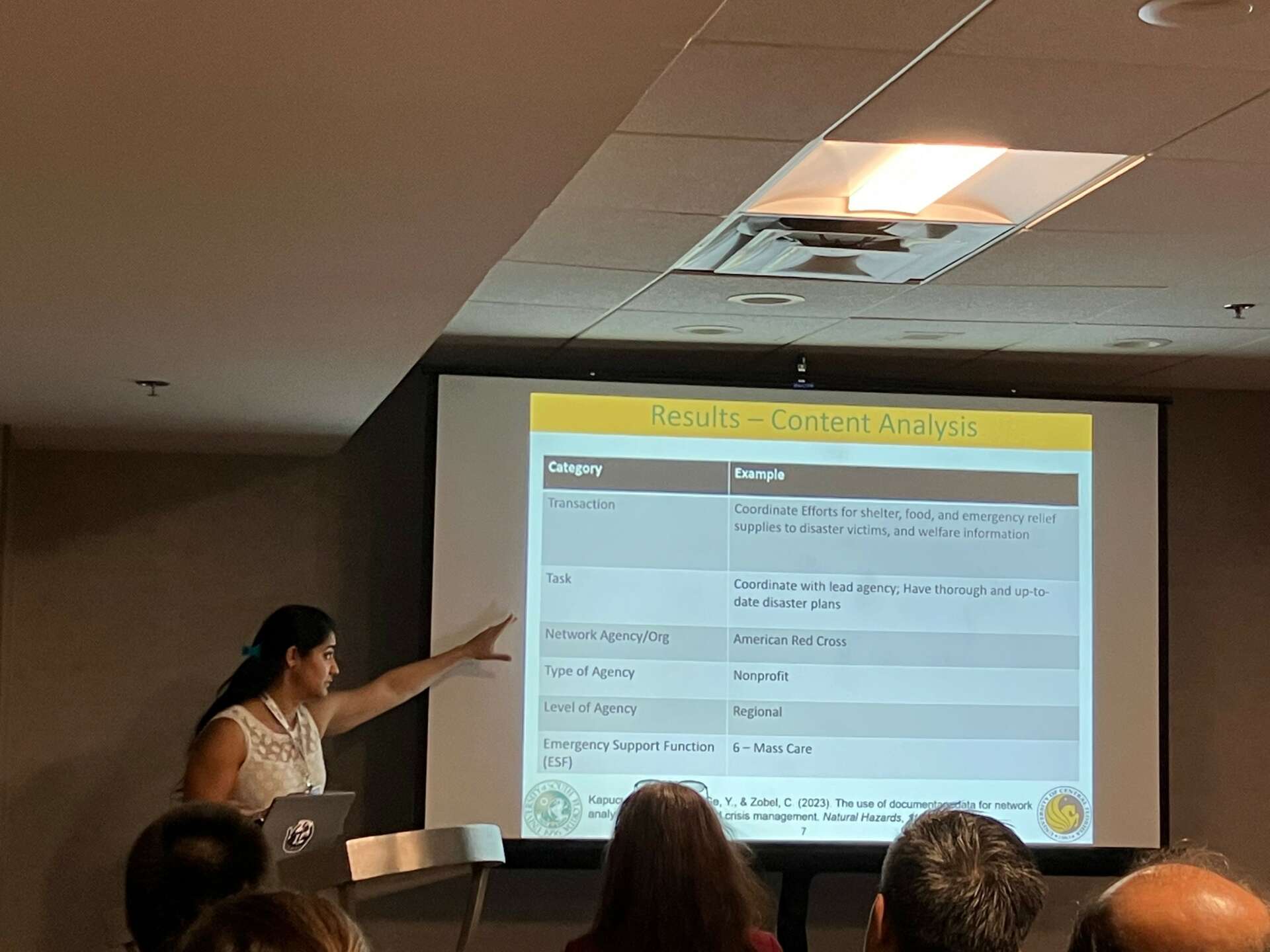
Awesome – so before we get into the rest of our questions, can you briefly introduce yourself to our readers.
I stumbled into being a college professor slightly by accident. My goal was to actually work for local government, with a passion for public service (I came from a nonprofit background and enjoyed serving). When I got my Masters in Public Administration, I received a Fellowship to work for a city, and while I learned a lot, I still struggled with the lack of the interpersonal aspect of my job, as well as the rigidity of the daily expectations. That said, I always knew I wanted to go back for a PhD and after my two years in the Fellowship, I did just that. I went into a program for public policy and local governance, with the idea that I wanted to make how we govern better, more efficient. It was the 3rd year, when I had a chance to teach, that I really fell in love with the idea of being a professor. I was researching how organizations work together during a disaster, and how collaborative governance is the future of how we govern our municipalities, and having the chance to showcase that to students got me very excited! So I went on the job market in academia…and I landed at the perfect place for me! I have the ability to teach about not just my research, but how all the public administration facets are interconnected, why we should all take an interest in how our local governments are run, and most importantly, what it means to be collaborative in a network. I have worked with and continue to work with many academics and practitioners to understand what networks should look like, and do look like when disaster strikes. My work looking at the comparison of plan and policy documents to the implementation provides me with the ability to look at the organizational network from a larger perspective, and I hope to continue to look at the policies and plans we push out for their ability to accurately reflect what really happens. On the other hand (going back to being able to do work that I enjoy doing), I have taken on a research agenda looking at how local government leadership needs to focus on the gender imbalances that exists. I’m working with a colleague to first assess what we’re seeing the major issues are, and then hope to continue working with local governments to address this issue. I am most proud of the fact that I’m a flexible researcher, and look for threads of connectivity in a lot of the work that I do, because at the end of the day, large subjects like local government and emergency management research have numerous topics that need to be considered for research and better practice, and the end goal for me has always been better practices and better policies.
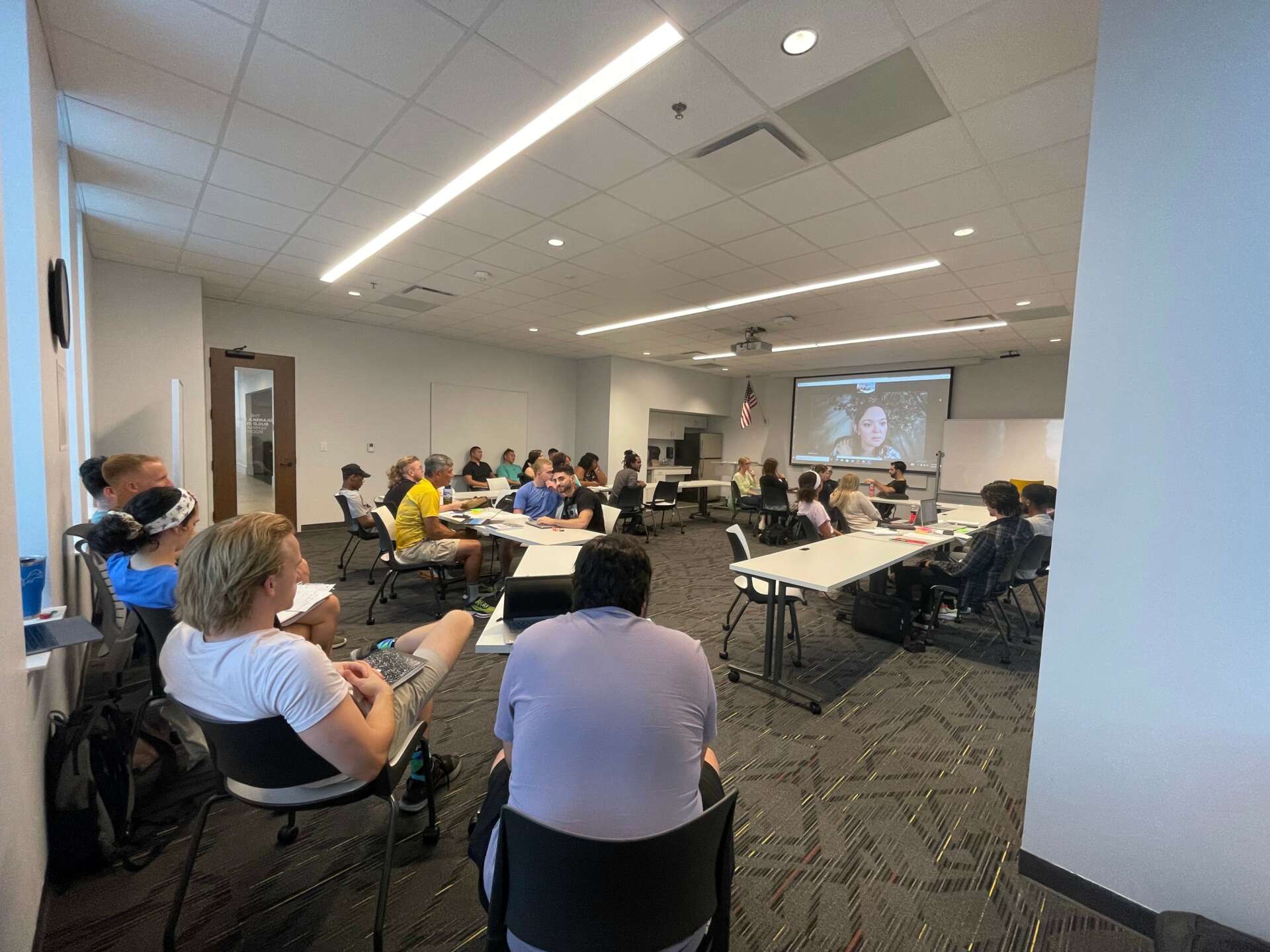
What’s a lesson you had to unlearn and what’s the backstory?
Your parents often want better for you than you want for yourself, but they don’t always know what’s best for you. Growing up in a South Asian household of immigrants that did not go to college, the pressure to be in one of the ‘approved’ professions (e.g., doctor) was pretty high. However, I realized I was not a fan of chemistry or physics, so that dream of my mom’s went up in smoke. As I delved more into public service, I was less able to articulate what I did, and now, as an academic, I’m pretty sure my family thinks I’m still a student. Every step of this journey has been a unique struggle in that I was accomplishing some great things, but because they weren’t so clear-cut or easy to understand, my parents worried about the sustainability of my job. The lesson I had to unlearn was the fact that as long as you truly feel like you’re doing something you want to put in 100% of your effort into, you have to fight for it against the very people that have always wanted best for you. That’s not to say I have an unsupportive family, as most people with similar backgrounds might also agree. But when your family’s spent so much time trying to just survive, I think they forget that their children have an opportunity to thrive and enjoy what they do everyday. And I really do. I get to enjoy the work that I do, and I know that if I had continued on the path of least resistance to have a ‘solid job’ that made the big bucks, I would have been miserable.
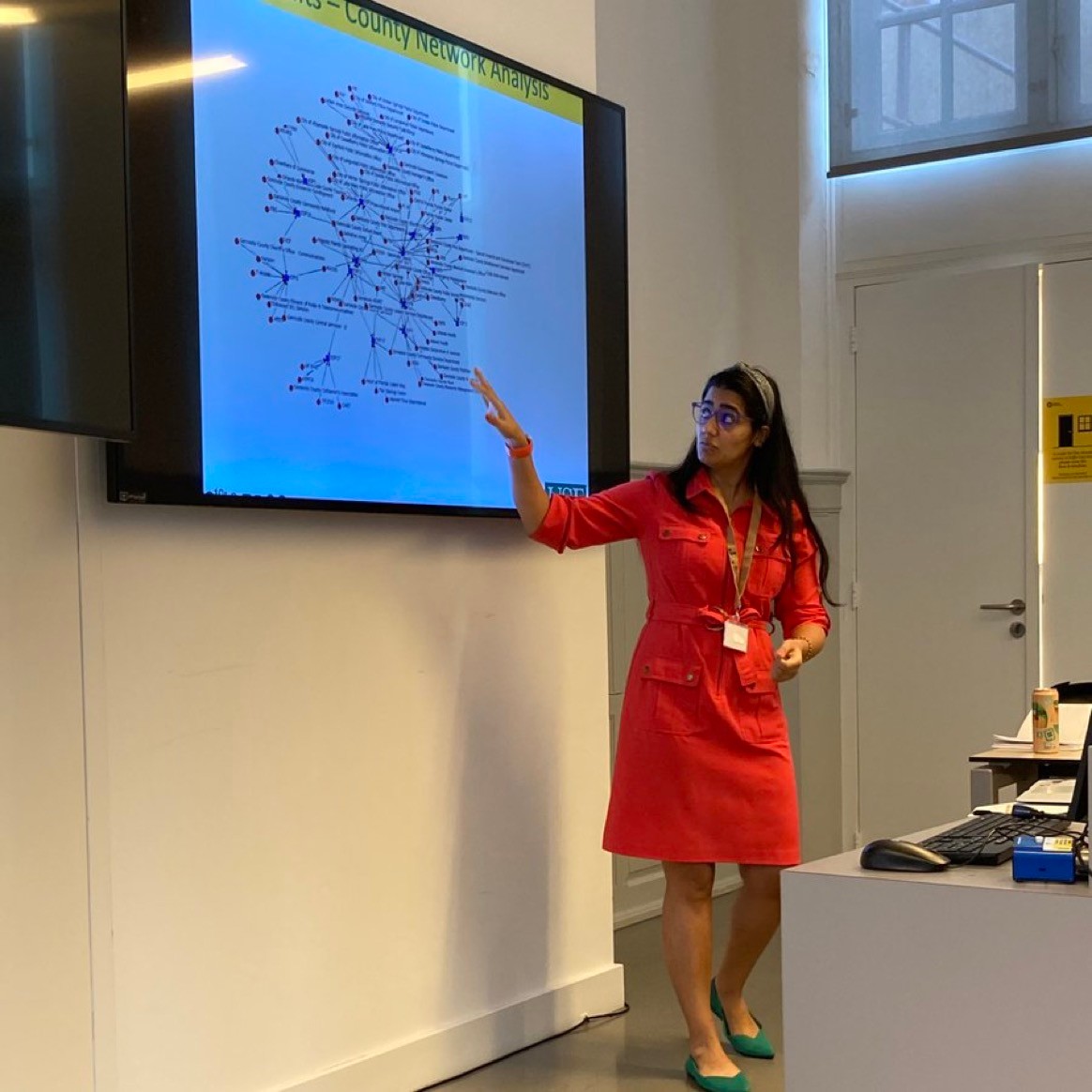
What’s the most rewarding aspect of being a creative in your experience?
The most rewarding aspect of being a creative (and I truly do consider professors creative), is the fact that I have the chance to consistently learn, unlearn and explore. As a PhD, I have been trained to not just retain information, but to utilize existing research to confirm, further test, and even produce new information And the chance to do that everyday, work with colleagues and learn from professors who have built evidence from both data and from experiences of people, is absolutely fascinating. I’m sure everyone in academia will attest to the fact that this is not a 9-5, and while the flexibility afforded can be both refreshing and all-consuming, it is such a rewarding part of being able to think, process and then add to the world of knowledge. And even more rewarding is when the knowledge you put out has actionable betterment for society through policy, practice, and teaching of the future generations.
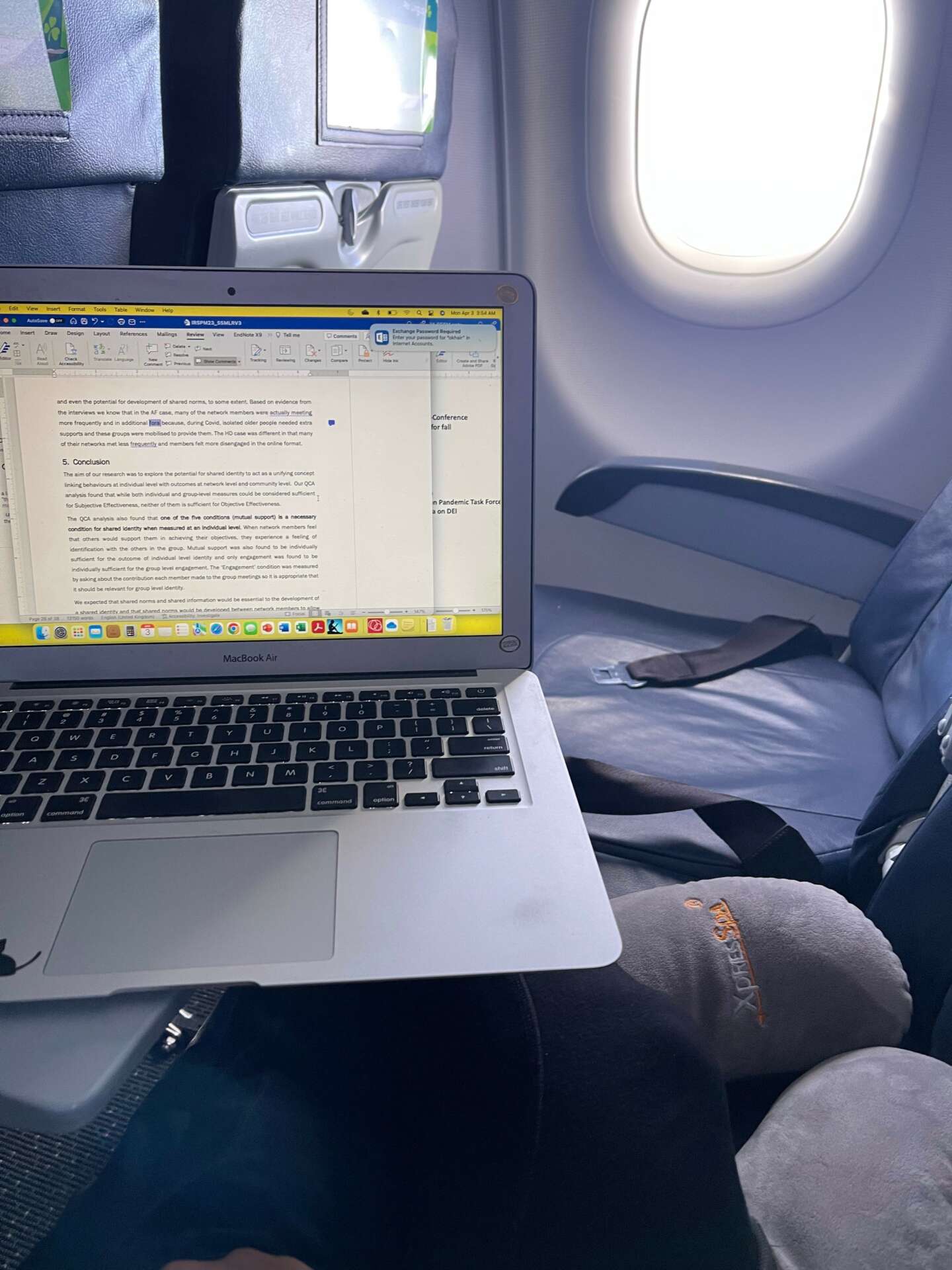
Contact Info:
- Website: https://www.usf.edu/arts-sciences/departments/public-affairs/about-us/faculty/rokhai.aspx
- Linkedin: https://www.linkedin.com/in/ratnaokhai/
- Twitter: https://twitter.com/OKRatnaHai
Image Credits
Eric Zeemering, PhD; Maggie Swenson


